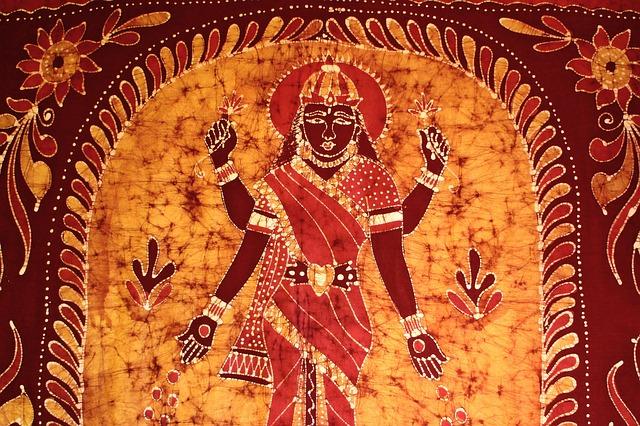Guiding Light: Mooka Pancha Shati
Life is full of miracles and divine interventions.
In the Dakshina Patha, a scholar Vidyavati was blessed with an extraordinary son who was congenitally deaf and mute.
This differently abled son was named Shankara The panditya (erudition) of the parent could not be transmitted.
As Shankara was ‘mooka’ (dumb), he was known as ‘Mooka Shankara’.
Kamakshi goddess is the presiding lord of Kanchi temple.
She is also referred to as ‘Kamadayini’, fulfiller of desires.
When maturity reaches beyond an ordinary person’s levels, the desires vanish.
There shall be a positive vacuum and not be any craving for anything.
The highest level one can reach is of a desireless state or stage.
Then, one has reached the mature levels of ‘balance’ and semblance.
Trupti is satisfaction.
Beyond trupti is tushti, deep contentment.
It is that state when we reach, makes our world light, life effortless, and mind anxiety-free.
When Mooka Shankara was contemplating in the corridor of Kamakshi temple, there was another seeker who was desperate for the darshan of Devi in relatable physical form.
This devotee’s desire was so strong that Mother Goddess appeared in human form.
She was moving towards the duo who were sitting in the corridor and close to each other.
The seeker who was desiring the darshan of Devi saw the ‘woman’ walking towards them and saw her chewing ‘tambulam’, betel leaf.
The devotee who was desiring the darshan of Mother Goddess so strongly that he could pull the goddess towards him, developed a strange duality of gender and refused to accept the paan.
Goddess promptly offered the tambulam to the other person who was Mooka Shankara.
He reverentially accepted the tambulam.
Immediately he broke into spontaneous poetry extolling the goddess.
He composed five ‘shatis’ (bundle of hundred shlokas), and with spontaneous flow.
Of these, ‘Paadaaravinda’ shatakam focuses on mother’s divine feet.
‘Mandasmita’ shatakam focuses on the beatific smile of Devi.
‘Kataaksha’ shatakam focuses on blessing glances of Devi.
It is apt to recall that among other names, Mother Goddess is also addressed in Lalita Sahasranama as ‘Mandasmita Prabhapura’ and as ‘Kataaksha Kinkareebhuta’.
Later, as was miraculously blessed by Kamakshi paradevata, Mooka Shankara was made twentieth peethadhipati of Shri Kanchi Kamakoti peetham of Kanchipuram.
He guided countless seekers towards the real goal.
Dr S Ainavolu is a Mumbai-based teacher of Management and Tradition.
Intent is nextgen’s learning and cultural education.

